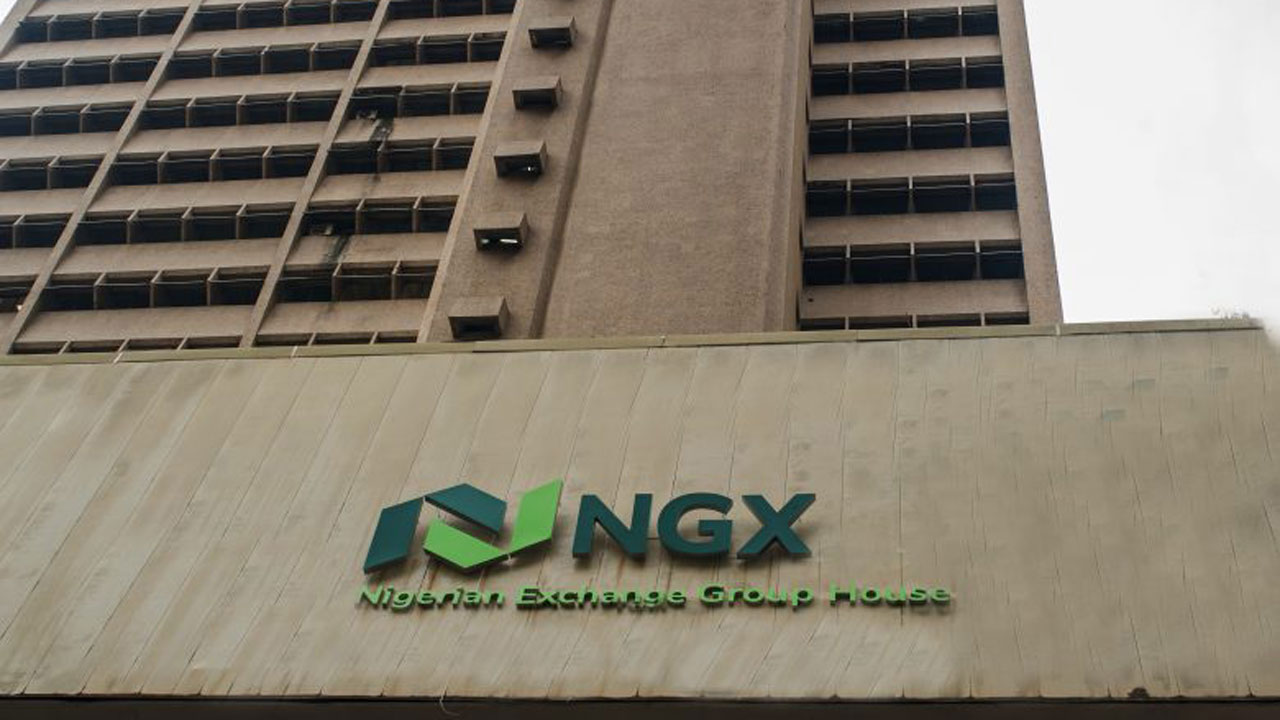The apex bank was compelled to reconsider its willing buyer, willing seller FX strategy and shift its position away from defending the local currency, which resulted in the naira ending the week down.
Critics have said that because of the unique features of Nigeria’s economic system, the strategy would fail. According to MarketForces Africa, a nation that imports food to feed its 230 million inhabitants should not think about floating its national currency.
90% of Nigeria’s foreign exchange earnings come from the sale of hydrocarbons. The majority of oil export earnings currently come from mortgages with foreign exchange swap agreements.
Due to the multiple oil-backed loans that NNPCL has taken out, Nigeria will occasionally need to provide agreement servicing before further foreign exchange profits may be obtained.
In the foreign exchange market, the naira experienced further depreciation in value as demand for the US dollar and other foreign currencies eclipsed total supply in the official window.
In the official Nigerian autonomous foreign exchange market (NAFEM), the naira closed at ₦1,596.92 per US dollar on Friday, a 1.92% decline from the previous close, according to information from the FMDQ platform where the official spot rate was quoted.
In the parallel market, the naira appreciated by 0.56%, ending the day at an average of N1,599 per US dollar following the apex bank decision to return to sell the US dollar at a below-market rate to informal currency traders.
After its stance not to defend the naira, the Central Bank of Nigeria has announced its decision to return to the forex market to keep the naira from slipping through the next resistance level.
The exchange rates across the forex market have inched to N1600 as a result of late FX interventions. The perpetual increase in foreign currency demand in the FX market caused the local currency to weaken against the US dollar.
Unfortunately, the FX liquidity challenge has persisted as the authority has failed to provide support for the naira since April, after the local currency won the ‘April Fool’ global praises medal as the best performing currency.
In the global commodity market at the end of the week, oil prices showed a mixed performance due to a strong US dollar and concerns about China’s economy, despite a tightening supply outlook.
Brent oil decreased by 0.58% to $84.54 per barrel, while WTI increased by 0.06% to $82.26 per barrel. In contrast, the price of gold fell by 0.45% to $2,409.70 per ounce.














